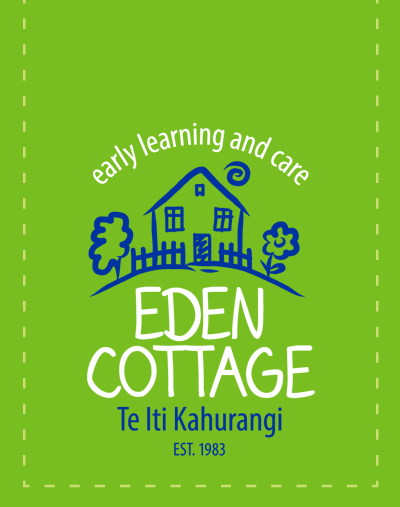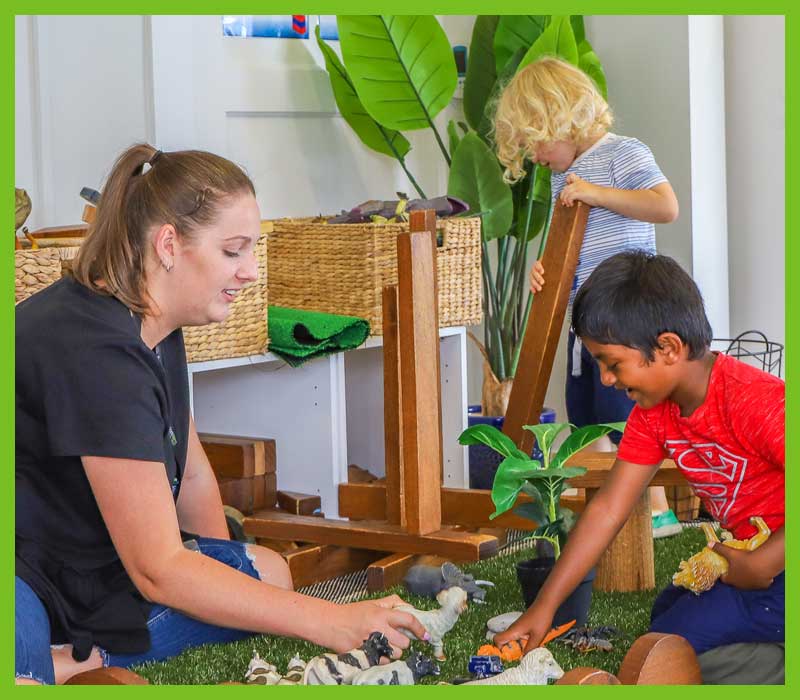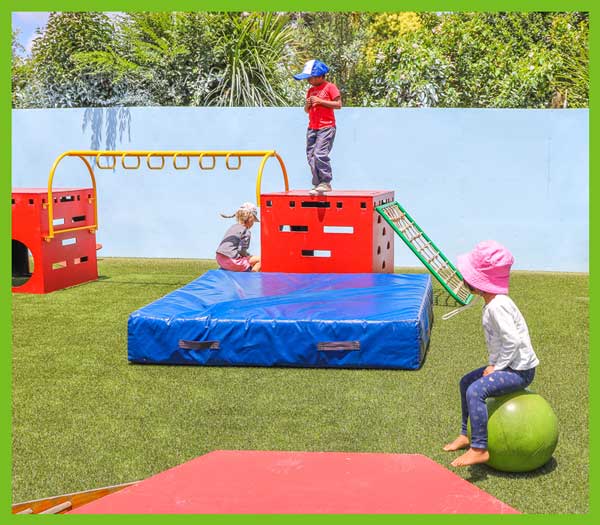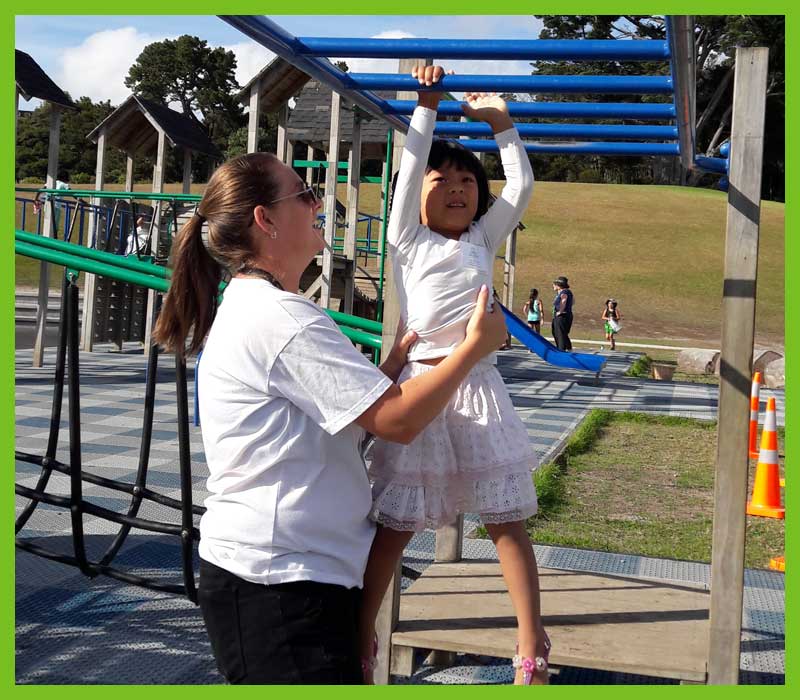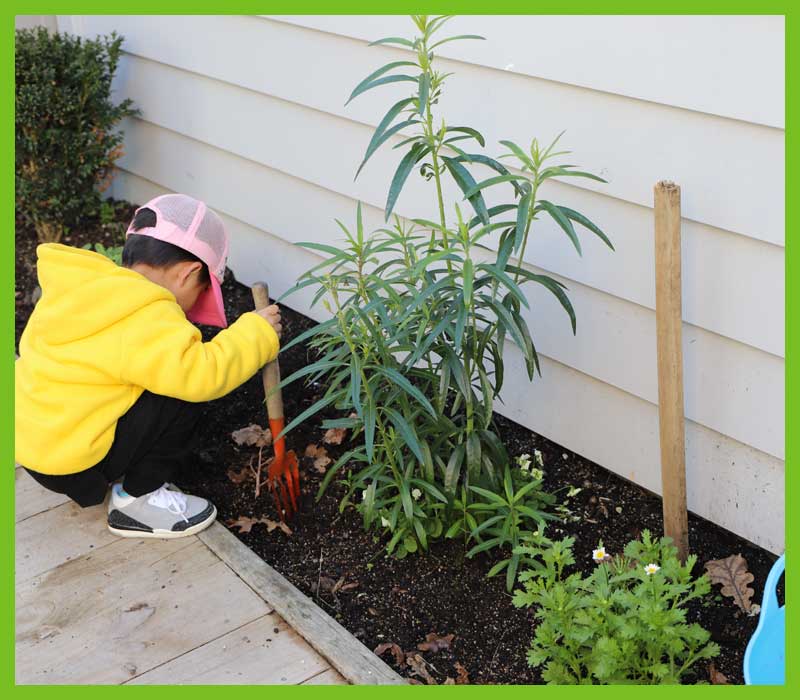Our Programme
Eden Cottage follows Te Whāriki (Te Ara Whānui) as the guide to our practice.
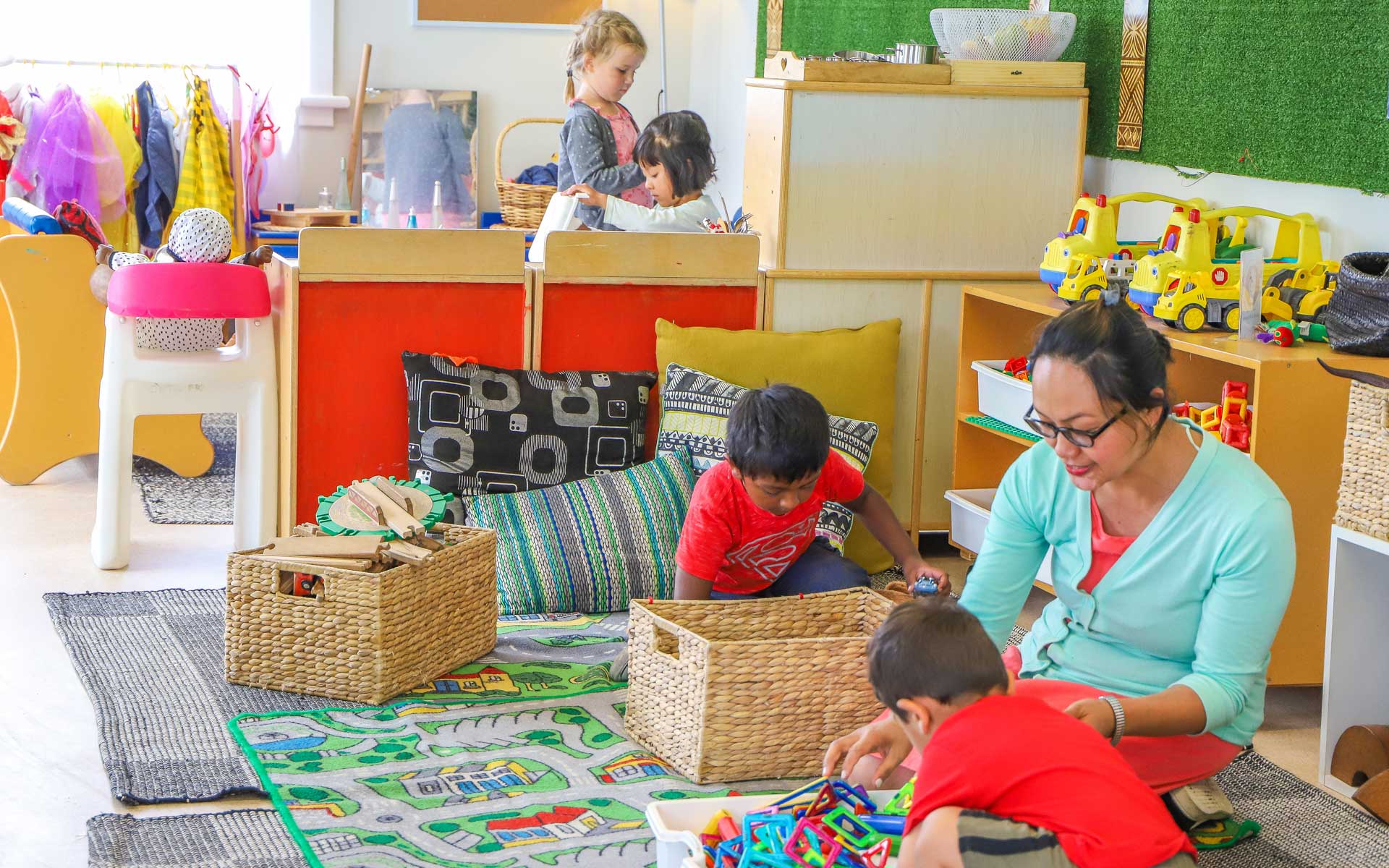
Our Programme
Our programme is based on the New Zealand Early Childhood Curriculum Te Whāriki.
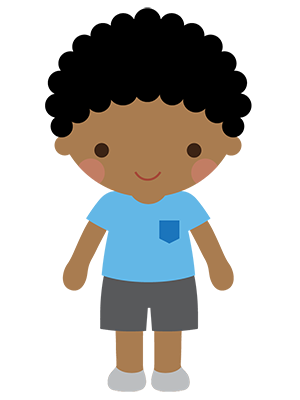
In the development of our curriculum, we are guided by Te Whāriki which sets out the syllabus to be used in early childhood education (ECE) in Aotearoa New Zealand.
Te Ara Whānui means the broad, extensive path and is the curriculum suited to Eden Cottage within the Te Whāriki framework.
At Eden Cottage, we seek to honour Te Tiriti o Waitangi so that our children experience and learn about te ao Māori and we encourage all people in Aotearoa to flourish.
We incorporate the principles of Partnership, Participation and Protection in our daily practice and our curriculum includes Māori traditional concepts, knowledge, skills, attitudes, practices, customs, values and beliefs.
The Values of Eden Cottage resonate with the Principles of Te Whāriki
We welcome whānau involvement
At Eden Cottage we offer a range of cultural events throughout the year which we encourage the whānau of our tamariki to come together and participate in. We share stories, songs, activities, food and build upon the relationship with each other.
We offer whānau courses and training in parenting and other topics and hold a once a term Whānau Forum to seek input into decision-making.
We welcome any input and feedback from you and your child on their Individual Learning Plan.
We use Storypark, an online portfolio to which you receive a login and password. This will enable us to communicate your child’s learning with you. We also welcome your photos, record of your child’s art, and other examples of their learning.
